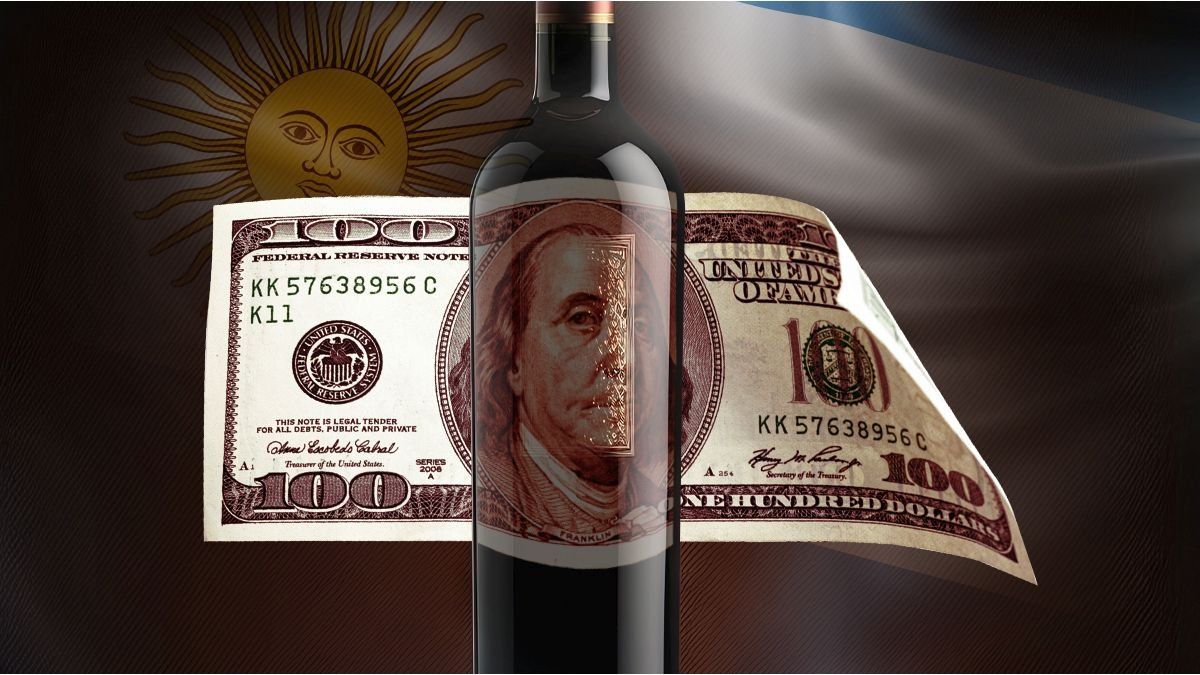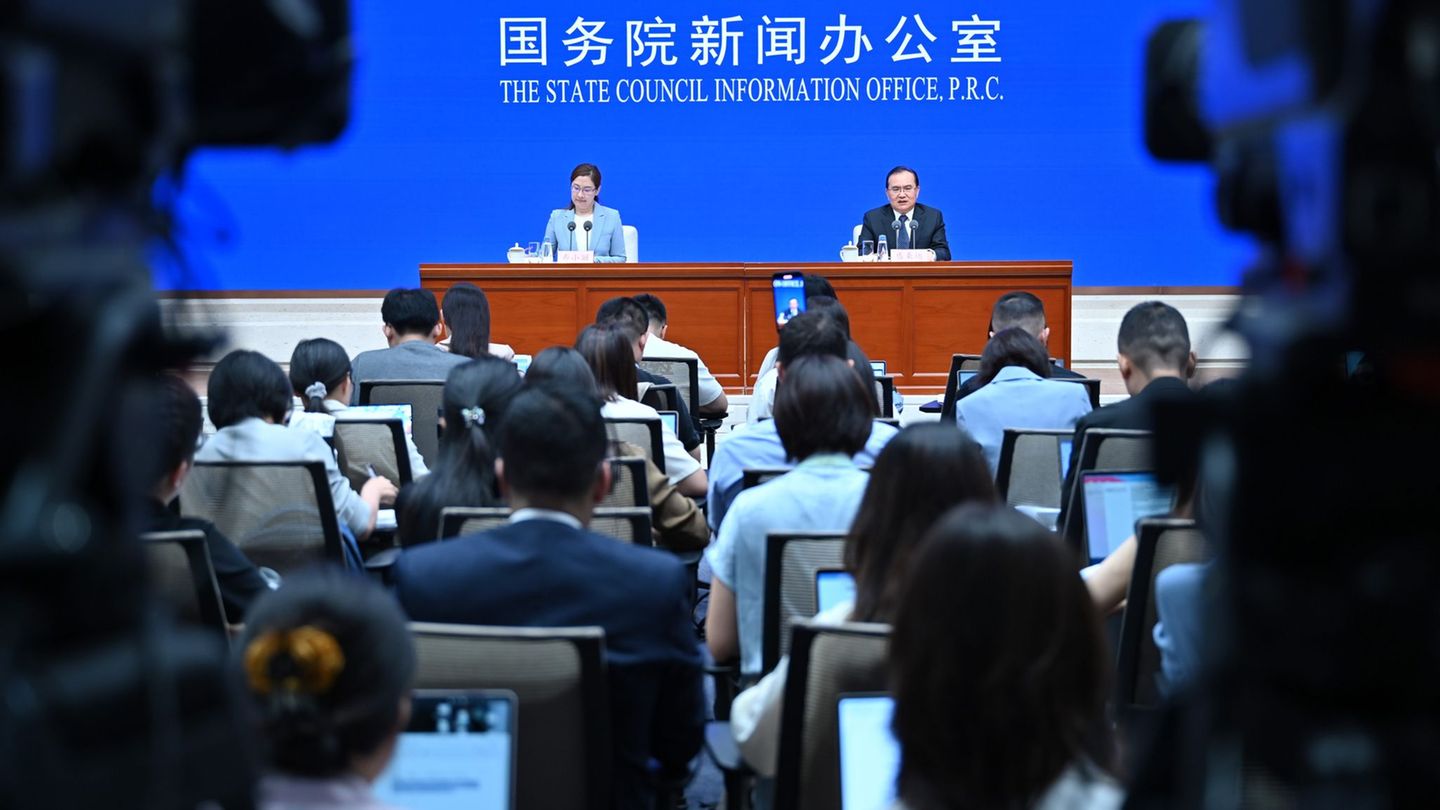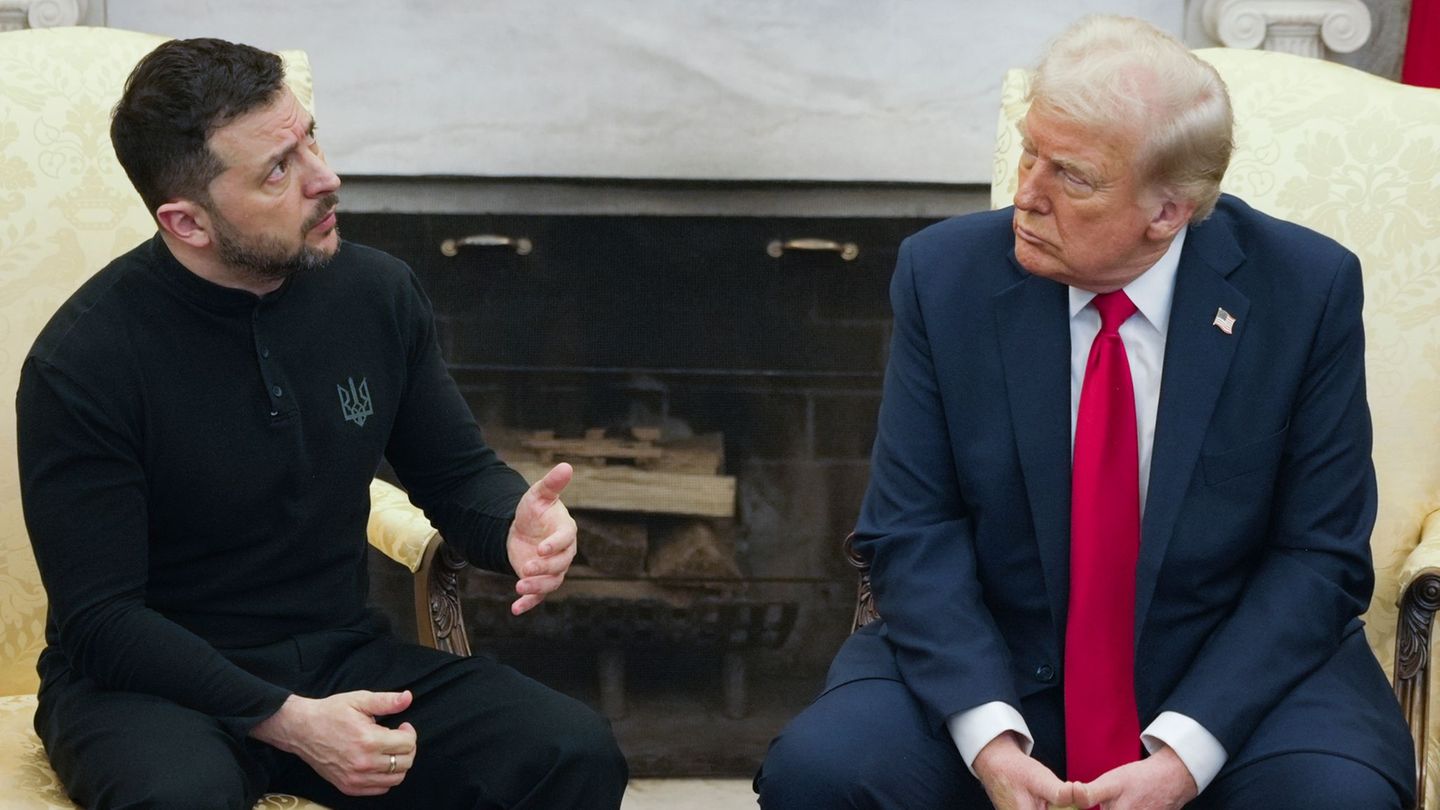The announcement of an incentive to export for the wine sector and regional economies made by the Minister of Economy, Sergio Massa, led to new sectors coming out to ask for their differential dollar. Currently, companies export and import at a official dollar of $206almost half that of the financial ones.
Over the weekend, Massa announced in Mendoza that there will be a “mechanism to strengthen exports for regional economies”, which will start with winemaking. The concreteness of the call Malbec dollar is that it will come into effect from April 1st. Official sources clarified that it will be an “export incentive” that will have a much longer window of time than the soybean dollar, given that It could last until the end of the year.
From the wine sector they assured that they do not have more information about what it will consist of. “If there is a differential dollar or a drop in withholdings, it adds up a lot because the dollar is behind and the loss of competitiveness is already felt”, commented sources from a large company. But at the same time, they clarified that wine is far from being like soybeans, in the sense that it cannot be “saved”, but that sales contracts have to be fulfilled.
A scenario that they observe with greater possibility is that of a drop in withholdings, of 4.5%. In fact, something similar could happen with soybeans. Despite the need for Central Bank dollars and a late heavy harvest, the Ministry of Agriculture does not want to implement a soybean dollar III, due to the distortions it generates in the market and, furthermore, because the IMF opposes it. Today a scenario of a temporary cut in withholdings could be more likely. In Economy they assure that the decision will be “pragmatic”.
Another sector that asks for an export benefit is that of knowledge economy. Currently, they can freely access dollars without having to settle them at the official exchange rate for up to 50% of their incremental exports, but they ask to expand it.
This Tuesday morning, at the former Ministry of Productive Development, located in downtown Buenos Aires, the presentation of the EconAr fair was held, organized by the Knowledge Economy Secretariat and companies in the sector. It will bring together companies, entrepreneurs and universities in La Rural, from March 17 to 19, to publicize the technology sector for free, with workshops, stands and even employment opportunities.
During the presentation, held at a large table where the Secretary of the Knowledge Economy was, Ariel Sujarchukand the executive director of the Argencom business chamber, Luis Galeazzi, spoke about how what was called the “techno dollar”, which enables companies to access part of the dollars they export to pay salaries. At the time, Galeazzi commented: “It would be good if free access to dollars could grow to 50 or 80%.”
At that time, Sujarchuk replied that, although the measure provides for access to 30% of the dollars for incremental exports, it can climb to 50% if the companies carry out new business and investments. In addition, he anticipated that in June they will carry out a first evaluation of the decree, and based on that they could “evaluate” it.
Another sector that asks for export benefits is the industrial sector. Sources of the Argentine Industrial Union (UIA) They assured that the request to the Government is to lower withholdings and improve refunds, especially for exporting sectors with high added value, so that it is not for the entire industry, which would be read as a new exchange rate.
Besides, Those who specifically ask for a differential exchange rate are the businessmen of the Federation of the Wood Industry (Faima). They consider that the sector is in crisis due to the fall in exports by 80%, an internal demand that does not absorb the oversupply of wood and sawyers “with serious problems”, according to the head of Faima, Román Queiroz.
The businessman assured that Russia is a great supplier of wood, and its exit from international markets could be an opportunity. “We are waiting for the details of the measures for the regional economies, but we are not sure that they will give us a differential dollar, because all sectors are asking the same to the GovernmentQueiroz said.
Another sector that will make a similar claim are industrial SMEs. “We have been asking for a SME dollar for a while, every time something new is announced, like now the wine thing, we ask for it again,” he said. daniel rosatohead of Industriales Pymes Argentinas (IPA). “It is a necessity to sustain exports, there are sectors such as capital goods that stopped exporting due to the exchange rate”he added.
Regarding whether the dollar is behind, Santiago Manoukian from Ecolatina explained: “There is not a huge delay, but it is significant. The multilateral exchange rate is 23% more appreciated than in December 2019, but at the same time it had an 8% improvement from November to here.” Going forward, he does not see a scenario of greater delay due to what was signed with the IMF and the lack of reserves, although it could happen closer to the elections as a “semi-anchor” against inflation.
Source: Ambito




